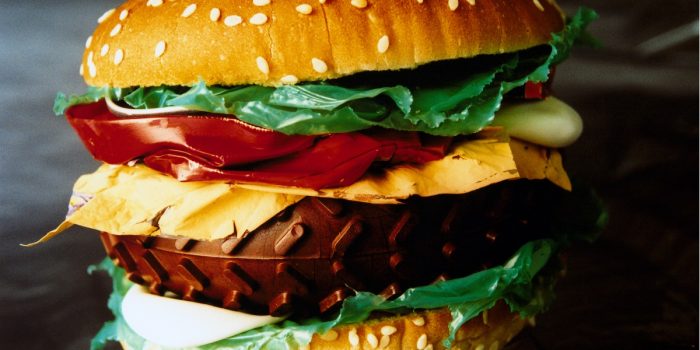Beehex, a startup, is developing a technology to turn plastic waste into edible biomass using a lab-engineered bacteria. This groundbreaking development could have major applications in deep space missions where astronauts would be able to print nutritious meals using non-perishable plastic.

Founder Anjan Contractor presented the innovative device at CES 2022, which collects shredded plastic waste and processes it using engineered bacteria in a bioreactor. The resulting output can be used to produce food items like steak.
The device could be utilized for astronauts to print a variety of nutritious meals during deep space missions. The throw-away parts of food harvests could be collected, dehydrated, and milled into a grinder. The ground biomass would be stored and used as “feedstock” to create a range of foods, including alternative meat cuts, vegetables, fruits, bread, chips, and desserts, using a 3D printer.

While the technology is still in its early stages of development, DARPA is a significant project funder, and the technology has immense potential.
Although it is unclear if plastic-made food will be safe for consumption, the bacteria used in the process are safe for humans. Beehex’s technology could potentially revolutionize food production in deep space missions and on Earth.

The possibilities are endless, and we may soon see astronauts munching on 3D-printed plastic waste burgers!


